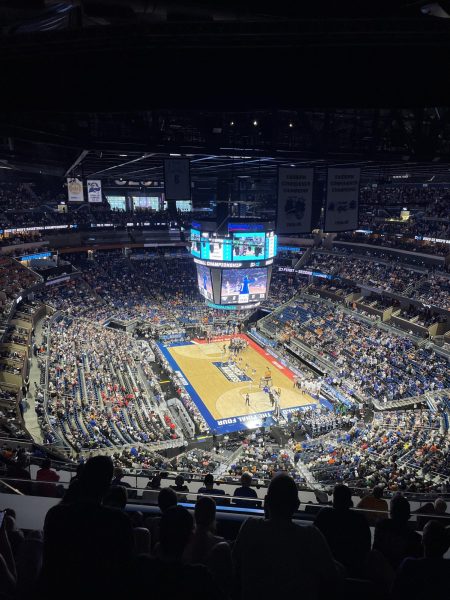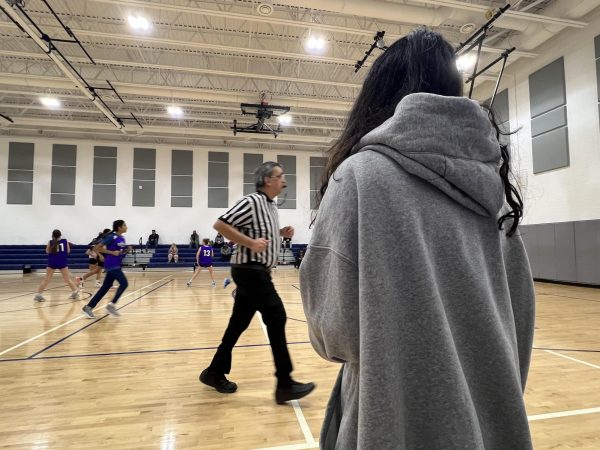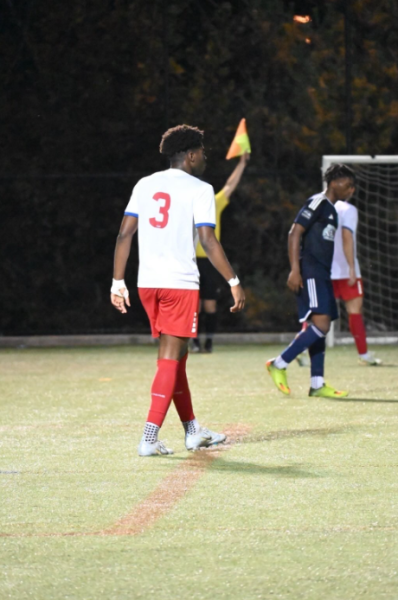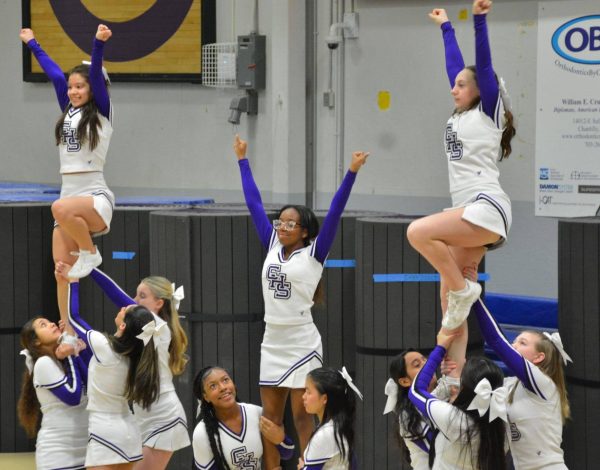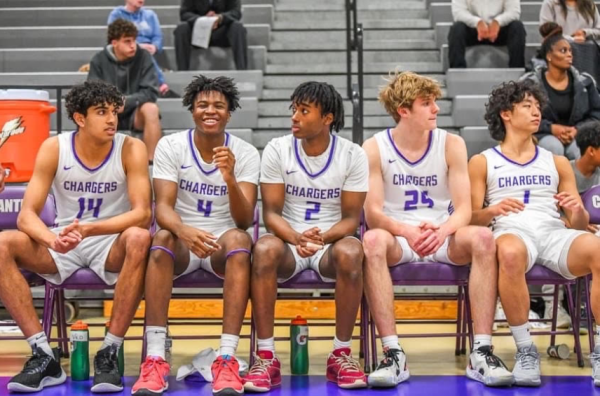Proposal of European Super League shakes soccer world
Photo by FaiZan Ali on Unsplash
Soccer fans across Europe have protested against the formation of the Super League, crowding outside stadiums on April 18th.
June 17, 2021
On April 18, 12 of the world’s largest soccer teams announced that they would form the European Super League (ESL), a league that would replace club soccer’s most popular tournament, the Champions League.
The Super League would consist of 12 “founding” clubs: Manchester United, Manchester City, Arsenal, Tottenham, Chelsea, Liverpool, AC Milan, Inter Milan, Juventus, Barcelona, Atletico Madrid and Real Madrid. A total of 16 teams would participate in the league, 12 of which are guaranteed spots in the league for 20 years and are immune to relegation. The other four spots will be filled by teams that could be relegated from the competition, meaning they could be replaced by another team depending on their performance.
“I think that the European Super League is an amazing idea from a business sense,” senior Ryan Choi said. “The revenue the ESL would create would make these clubs even richer. So from that perspective, there’s no reason why the club owners would choose to not participate.”
The owners of the world’s founding teams claim that they aren’t earning enough revenue from playing against weaker teams in the domestic leagues and in the early stages of the current UEFA Champions League. As a result, they came together with the common goal of generating more revenue.
“The creation of the European Super League would completely change the way world soccer is viewed,” Choi said. “If people only watch the teams in the ESL, then what’s the point of any other team even existing? The great thing about regular leagues and these European competitions is that there can always be an underdog that can put a stand against the best of the best. The unpredictability is why we love sports, and the ESL would get rid of that.”
This unpredictability was seen In 2016, when English club Leicester City won the Premier League with 5000/1 odds of winning the trophy. If the biggest teams from Spain, France, England, Germany and Italy compete in the Super League, the club may overlook domestic leagues as the Super League carries more importance and could bring more money to their organizations.
“I don’t think that the ESL will improve world soccer because it doesn’t allow other teams to have the excitement of playing against these big teams like Tottenham and Real Madrid with their best players on the field,” sophomore Andrew Jung said.
Owners of these teams are claiming that the youth of this generation are not interested in the Champions League anymore or the format of the Champions League, which is another reason why these big owners proposed the Super League. To solve this problem, only the best would play each other, and in their eyes, everyone benefits. However, the only people who financially benefited from the Super League were the teams involved in the league. As a result, the smaller teams in the domestic leagues will lose money, while the larger teams get richer.
UEFA released a statement against the formation of the Super League, banning players who participate in it from playing for their country.
“Players would no longer be able to compete with their national team, rendering the Euros, Copa America and even the World Cup pointless,” Choi said.
Although there are 12 founding clubs, the initial plan was to have two more founding teams, Paris Saint Germain and Bayern Munich. However, these clubs rejected the invitation as they wanted to appeal to the fans.
“I am proud that at least some clubs had an ounce of dignity to reject the money and stand their ground for their fans,” Choi said. “Clubs such as Dortmund, Bayern and PSG hold their moral values and have my utmost respect.”
Soccer fans around the world have voiced their opposition to the formation of the Super League through protests at the clubs stadiums, storming of fields and calls for action from the players themselves to speak against it. By 24 hours after the announcement of the Super League, all teams that were set to participate in the league backed out and apologized to their fans through social media. However, while some owners are being pushed out by clubs, some remain, and the proposal of the Super League is still standing.
“The owners of the 12 clubs ignored the threats from UEFA and FIFA and completely forgot to consider the fact that soccer is a sport for the people, not just a business avenue,” Choi said. “I believe that the ESL would completely ruin the sport I love.”





